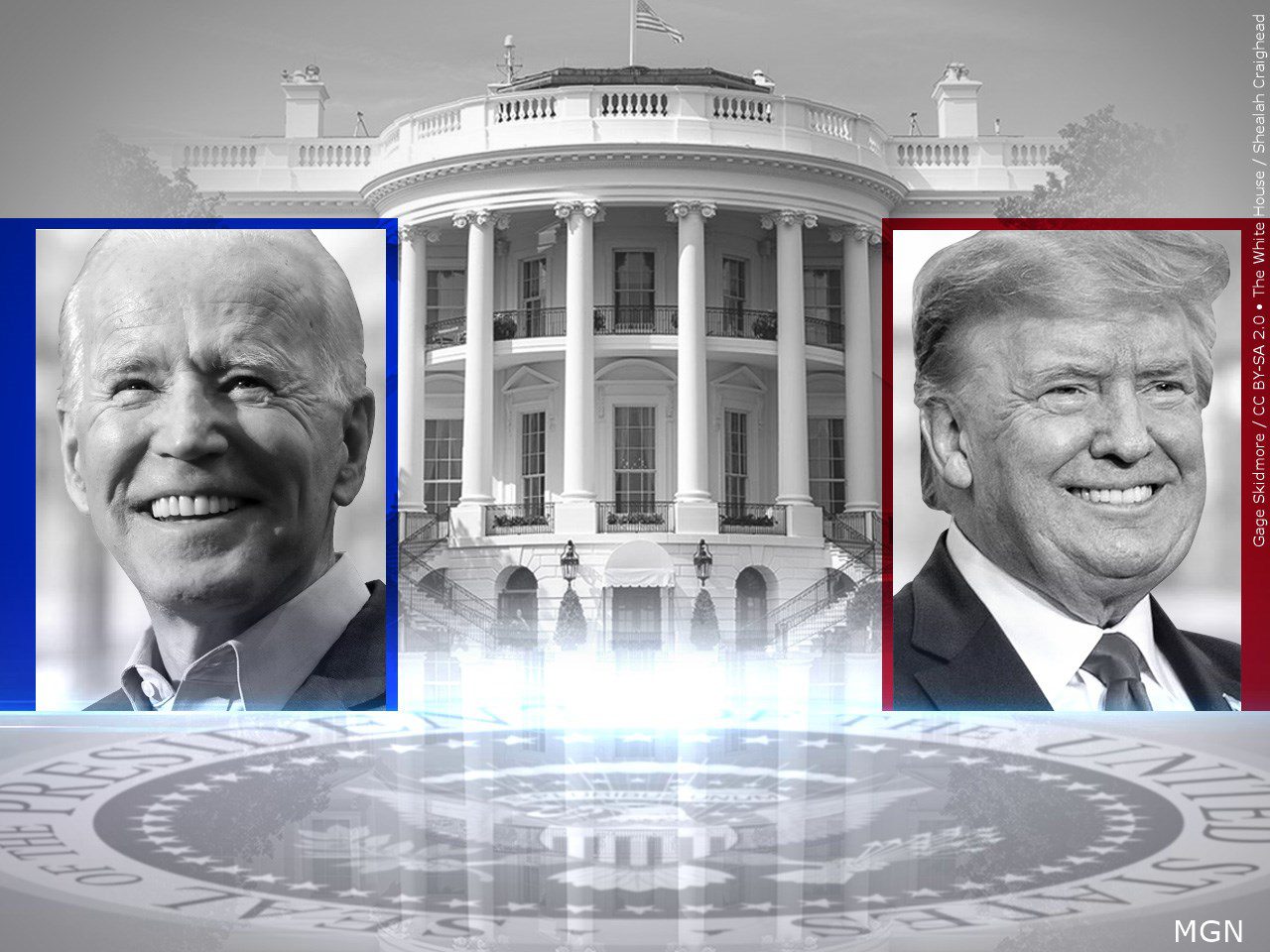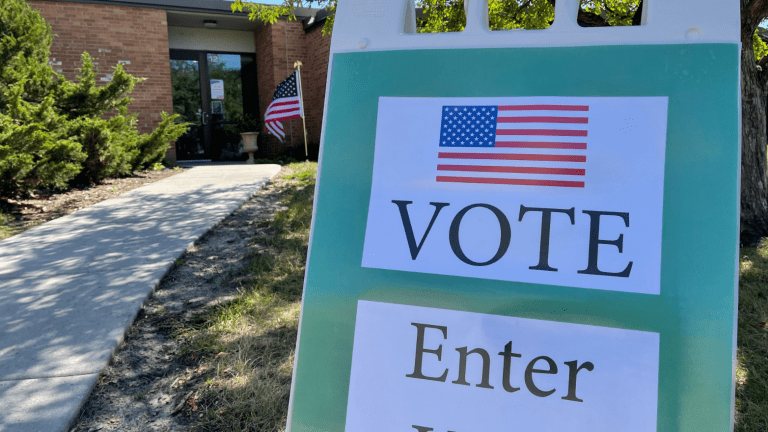Minnesota Primary Election Overview

Minnesota’s primary elections have a long history, dating back to the early 20th century. The state has seen significant changes in its primary election system over the years, including the adoption of a closed primary system in 1976. This means that only registered members of a political party can vote in that party’s primary election.
Key Dates and Deadlines
The upcoming Minnesota primary elections will be held on [insert date]. The following are some important dates and deadlines to keep in mind:
- Voter Registration Deadline: [insert date]
- Early Voting Begins: [insert date]
- Last Day to Request an Absentee Ballot: [insert date]
Voter Registration and Eligibility
To vote in the Minnesota primary election, you must be a registered voter in the state. You must also be a member of the political party whose primary you wish to vote in.
To register to vote, you can visit the Minnesota Secretary of State’s website or register in person at your local county election office. You can also register to vote at the polls on Election Day.
To be eligible to register to vote in Minnesota, you must:
- Be a U.S. citizen
- Be at least 18 years old on Election Day
- Reside in Minnesota
- Not be currently serving a felony sentence
Key Races and Candidates: Minnesota Primaries

Minnesota’s primary election is a crucial step in shaping the political landscape for the upcoming general election. The primary will determine the candidates who will represent their respective parties in November. Several key races are drawing significant attention, with candidates vying for positions in both the state and federal government.
Governor
The race for governor is a closely watched contest, with several candidates seeking to succeed outgoing Governor Tim Walz. The leading candidates are:
- Scott Jensen (Republican): A physician and state senator, Jensen has positioned himself as a conservative alternative to Walz. His platform focuses on reducing taxes, cutting government spending, and strengthening law enforcement. He has been a vocal critic of Walz’s handling of the COVID-19 pandemic and has advocated for policies aimed at limiting government intervention in individual lives.
- Tim Walz (Democratic-Farmer-Labor): The incumbent governor, Walz is seeking re-election on a platform of expanding access to healthcare, investing in education, and promoting economic growth. He has highlighted his record of leading the state through the COVID-19 pandemic and has emphasized his commitment to addressing issues such as climate change and gun violence.
- Dr. Shawn Hoffman (Independent): A physician, Hoffman is running on a platform of promoting healthcare reform, addressing the state’s budget deficit, and improving education. He has highlighted his experience as a physician and his commitment to serving the needs of all Minnesotans.
The outcome of the gubernatorial primary could have a significant impact on the upcoming general election. The Republican nominee will likely face a tough challenge against Walz, who is seeking to win a second term.
U.S. Senate
The race for the U.S. Senate is another key contest, with incumbent Amy Klobuchar facing a challenge from several candidates. The leading candidates are:
- Amy Klobuchar (Democratic-Farmer-Labor): The incumbent senator, Klobuchar is seeking re-election on a platform of promoting bipartisanship, addressing climate change, and expanding access to healthcare. She has highlighted her record of working across the aisle to pass legislation and has emphasized her commitment to representing the interests of all Minnesotans.
- Mike McFadden (Republican): A businessman and former Navy SEAL, McFadden is running on a platform of reducing government spending, lowering taxes, and strengthening national security. He has criticized Klobuchar’s record on issues such as healthcare and immigration and has pledged to be a strong voice for conservative values in the Senate.
- Robert Boucher (Independent): Boucher is a former candidate for the U.S. House of Representatives. He is running on a platform of promoting peace, justice, and equality. He has highlighted his commitment to addressing issues such as climate change, gun violence, and income inequality.
The outcome of the Senate primary could have a significant impact on the balance of power in the Senate. A Republican victory could help the party gain control of the chamber, while a Democratic victory would help the party maintain its majority.
U.S. House of Representatives
Several races for the U.S. House of Representatives are also drawing attention. In the 1st Congressional District, incumbent Angie Craig (Democrat) is facing a challenge from several candidates, including Tyler Kistner (Republican). In the 2nd Congressional District, incumbent Angie Craig (Democrat) is facing a challenge from several candidates, including Tyler Kistner (Republican). The outcomes of these races could have a significant impact on the composition of the House of Representatives.
Factors Influencing the Primary

The Minnesota primary election is expected to draw significant attention, with several key races shaping the state’s political landscape. A variety of factors will influence voter turnout and preferences, impacting the ultimate outcome of the primary.
Political Endorsements, Minnesota primaries
Endorsements from prominent political figures can significantly influence voter decisions, particularly in races where candidates are relatively unknown. In Minnesota, endorsements from established politicians, party leaders, and influential groups can sway undecided voters. For instance, endorsements from Governor Tim Walz or Senator Amy Klobuchar could significantly boost a candidate’s visibility and credibility.
Media Coverage
Media coverage plays a crucial role in shaping voter perceptions of candidates. Extensive media attention can raise a candidate’s profile, while limited coverage can leave them overshadowed. Candidates with strong media strategies can use news coverage and social media platforms to communicate their message and connect with voters. For example, a candidate who secures favorable interviews on local television or radio stations can reach a broader audience and potentially gain a competitive edge.
Campaign Spending
Campaign spending is often a significant factor in elections, as candidates use financial resources to fund advertising, outreach efforts, and campaign staff. Candidates with substantial financial backing can afford to run more extensive campaigns, reaching a wider audience and building name recognition. However, in Minnesota, campaign finance laws limit the amount of money individuals and groups can contribute to candidates, potentially leveling the playing field for those with fewer financial resources.
Party Affiliation
Party affiliation remains a significant predictor of voter behavior in Minnesota. Historically, voters tend to align with candidates from their respective parties, reflecting long-standing political allegiances and ideological preferences. However, in recent years, some voters have shown a greater willingness to cross party lines, particularly in local and state elections. This shift suggests that candidates may need to appeal to a broader range of voters, regardless of party affiliation, to secure victory.
Voter Demographics
Voter demographics, including age, race, ethnicity, and geographic location, can influence primary election outcomes. Candidates often tailor their campaigns to appeal to specific demographic groups, focusing on issues and policies that resonate with their target audiences. For example, candidates may emphasize education funding in areas with a high concentration of families with young children, or address concerns about healthcare access in communities with a significant elderly population.
Minnesota primaries – Minnesota’s primaries are a big deal, especially this year. They’re a microcosm of what’s happening across the country, and a good indicator of the national mood. It’s like, you know, watching a little preview of primaries today and getting a sense of what the main event will be like.
So, yeah, keep an eye on Minnesota, because it might just tell us a lot about what’s going down in the big leagues.
Minnesota’s primaries are heating up, and it’s a reminder that these early contests are crucial for shaping the political landscape. We’re witnessing the rise and fall of candidates, and the strategies they employ to win over voters. It’s a wild ride, and you can learn more about the impact of primaries today on the bigger picture.
Ultimately, the Minnesota primaries are a microcosm of the larger national political scene, where every vote counts and every strategy matters.
